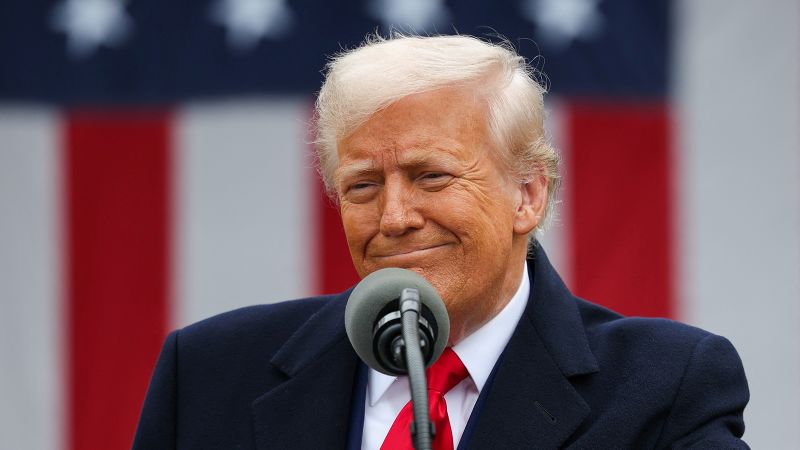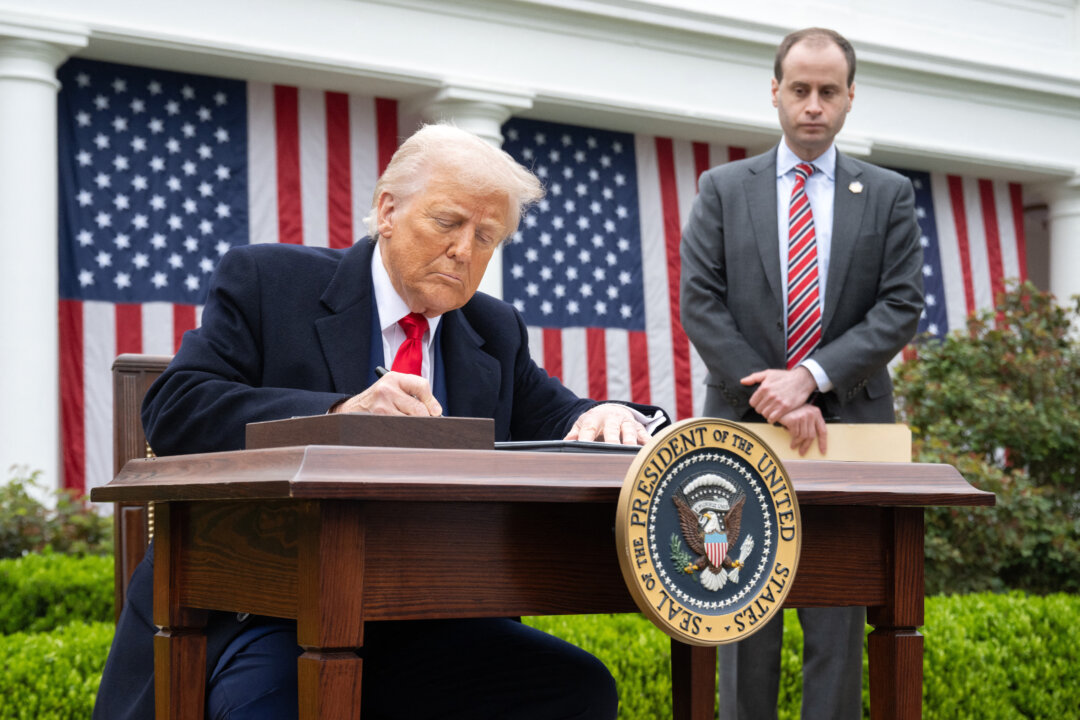Trump Unveils New Series of Tariffs, Sparking Global Trade Concerns
President Trump's newly announced tariffs on imports have raised tensions with international trading partners, prompting discussions of possible countermeasures and negotiations.
Overview
President Trump's announcement of a series of new tariffs has escalated trade tensions globally and left foreign officials scrambling for clarity and potential negotiations. The tariffs reportedly aim to balance trade deficits, but questions remain about their calculations and implications. While some countries threaten retaliatory measures, others seek to engage in dialogue with the U.S. to mitigate economic impacts. The significant increase in average U.S. tariffs is raising fears of a global trade war, with economists and politicians closely monitoring the unfolding situation for potential long-term effects on economies around the world.
Content generated by AI—learn more or report issue.

Get both sides in 5 minutes with our daily newsletter.
Analysis
- The new tariffs are based on a complex formula involving trade deficits and a variety of factors like tariff and non-tariff barriers, which has caused confusion among international leaders and consumers.
- While the Trump administration insists these tariffs will lead to negotiations and a fairer trading environment, analysts point out that the justification for the tariffs can seem contradictory and confusing.
- Despite the lofty goals of rebalancing trade, concerns are being raised about the potential economic fallout, including job losses and increased costs for American consumers.
Articles (5)
Center (2)
FAQ
No FAQs available for this story.
History
- This story does not have any previous versions.




